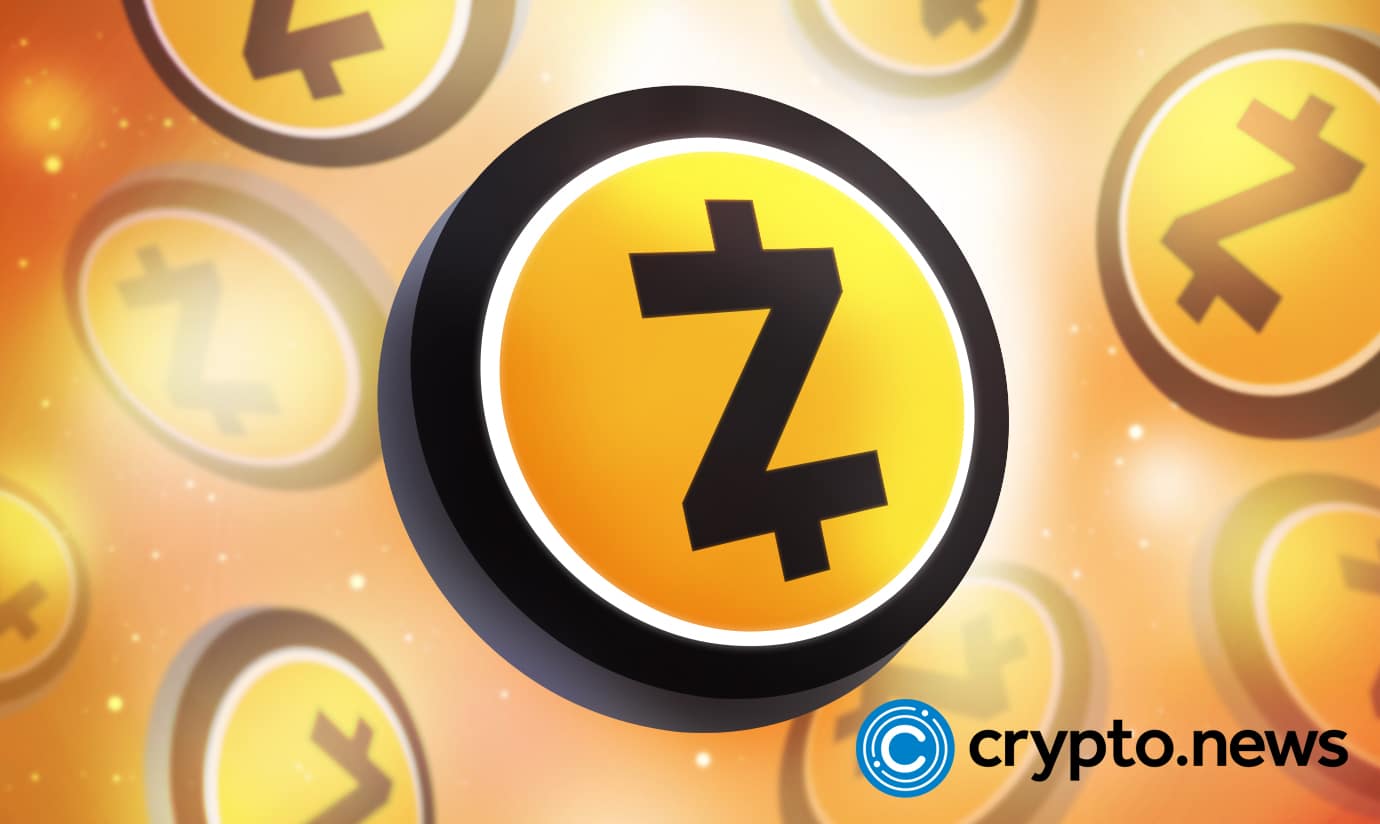When selling a used car, good documentation is the golden ticket to maintaining resale value.
That means having logs that show when and where a car was serviced, and if any important services or checks were performed.
It might sound like a concern for classic car buyers seeking provenance, but even new cars seem to be worried about resale values. Consider the upcoming 2023 Alfa Romeo Tonale, which includes the first standard nonfungible token (NFT).
Now, NFTs have a stigma due to people spending wads of money on what is essentially a special digital collectible, but Alfa Romeo wants to use this technology to help owners deal with resale value. Poor documentation can kill as much as 20 per cent of a car’s resale value, so these NFTs will record vehicle data and then generate a certificate to assure a prospective buyer that the car has been properly maintained.
Both the buyer and seller can benefit from this technology: the buyer receives peace of mind that the car won’t be a lemon, while the seller uses the NFT as a way to protect and record the car’s life, ensuring it earns its maximum value on the market.
Now, we still have to see how this all plays out in person, considering the new Alfa Romeo Tonale hasn’t hit the road yet, nor the used car market. However, the Italian automaker isn’t the first to exhibit this idea.
The Motor Chain is one third-party solution offering car owners and enthusiasts an opportunity to do what Alfa Romeo is proposing. Car owners subscribe to the service, paying 50 euros a year per vehicle they want on the service.
Owners will have to verify their identity and then provide accurate documentation of their vehicle. Information like the make, model, year, chassis number and VIN have to be verified before The Motor Chain creates an NFT on its private blockchain.
The owner of the car owns the NFT, but when a service is performed or checked, or any change to the car occurs, the garage can include that information on the NFT, maintaining the level of documentation of the vehicle. The shops are the only ones that can make these changes, meaning the documentation is irrefutable and immutable. So far, just a half-dozen shops have signed up for the service.
Julio Sainz, the founder of The Motor Chain, said the idea for this platform came to him when he was purchasing a 1977 Ferrari. The car was an hour away, and he had to drive back and forth to the owner three times before agreeing to a purchase.
He said while performing a pre-purchase inspection (a must when buying a used car, no matter its pedigree) he found a huge envelope that was loaded to the brim with documentation. While the documentation was good (likely leading him to purchase his new stallion) it was disorganized, fragile and messy.
The Motor Chain started with classic and collector cars which feature communities devoted to the preservation, conservation and documentation of cars, although the founder assured me that there are plenty of modern vehicles on his platform as well. He’s looking forward to having motorbikes on the platform too.
With thousands of NFTs on the platform, Sainz said that the whole model is about trust. It’s not just the owner saying “this car is good” but everyone involved in the car’s history is saying it too. Furthermore, those endorsements can’t be changed all willy-nilly since they’re vetted, screened and proven. Cars on the platform have won awards at vehicle shows for being the best-documented, displaying the confidence and enthusiasm of the solution.
But hasn’t this all been done before? We take VINs to Carfax to see if the car has been in a serious or minor accident, which helps us understand and negotiate its value. Sometimes there are weird gaps or poorly explained services in those records which force a mild conflict when the buyer asks the seller about that concern and demands a document to back up their explanation, and here’s where tech can take over.
The blockchain and NFTs may help with the verification and organization of these records, but it requires buy-in. Owners have to subscribe, garages have to participate, and buyers will have to take over the NFT after the purchase, which means they not only bought a car but a digital envelope full of service records that requires a running cost. Especially when it comes to cars, every little cost adds up, so it’ll be interesting to see how or if this method of record-keeping gains mainstream adoption.
Read More: www.thestar.com

:format(webp)/https://www.thestar.com/content/dam/thestar/autos/2022/10/08/can-nfts-and-blockchain-help-you-buy-or-sell-a-used-car/wh_samicolumn_oct8.jpg)







 Bitcoin
Bitcoin  Ethereum
Ethereum  Tether
Tether  XRP
XRP  Solana
Solana  USDC
USDC  Dogecoin
Dogecoin  Cardano
Cardano  TRON
TRON  Lido Staked Ether
Lido Staked Ether  Wrapped Bitcoin
Wrapped Bitcoin  Chainlink
Chainlink  Avalanche
Avalanche  LEO Token
LEO Token  Stellar
Stellar  Shiba Inu
Shiba Inu  Toncoin
Toncoin  Wrapped stETH
Wrapped stETH  Hedera
Hedera  Sui
Sui  USDS
USDS  Polkadot
Polkadot  Litecoin
Litecoin  Bitcoin Cash
Bitcoin Cash  MANTRA
MANTRA  Bitget Token
Bitget Token  WETH
WETH  Pi Network
Pi Network  Ethena USDe
Ethena USDe  Binance Bridged USDT (BNB Smart Chain)
Binance Bridged USDT (BNB Smart Chain)  Hyperliquid
Hyperliquid  Wrapped eETH
Wrapped eETH  Uniswap
Uniswap  WhiteBIT Coin
WhiteBIT Coin  Monero
Monero  Pepe
Pepe  NEAR Protocol
NEAR Protocol  Aptos
Aptos  Dai
Dai  sUSDS
sUSDS  Ethena Staked USDe
Ethena Staked USDe  Internet Computer
Internet Computer  OKB
OKB  Ondo
Ondo  Gate
Gate  Cronos
Cronos  Tokenize Xchange
Tokenize Xchange  Mantle
Mantle  Aave
Aave